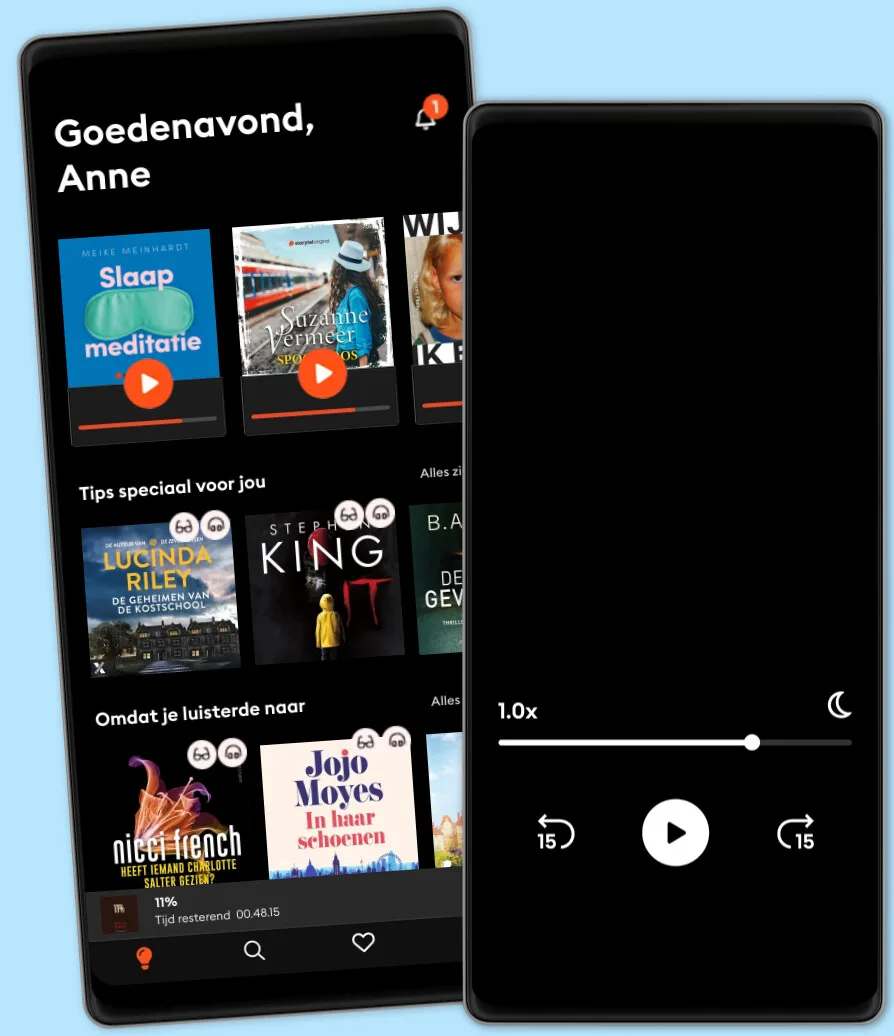Andrei Tarkovsky
- Door
- Uitgeverij
- Taal
- Engels
- Formaat
- Categorie
Non-fictie
Andrei Tarkovsky is the most celebrated Russian filmmaker since Eisenstein, and one of the most important directors to have emerged during the 1960s and 70s. Although he made only seven features, each one was a major landmark in cinema, the most well-known of them being the mediaeval epic Andrei Rublev - widely regarded as one of the greatest films of all time - and the autobiographical Mirror, set during the Russia of Stalin's purges in the 1930s and the years of stagnation under Brezhnev. Both films landed Tarkovsky in considerable trouble with the authorities, and he gained a reputation for being a tortured - and ultimately martyred - filmmaker. Despite the harshness of the conditions under which he worked, Tarkovsky built up a remarkable body of work. He burst upon the international scene in 1962 with his debut feature Ivan's Childhood, which won the Golden Lion at Venice and immediately established him as a major filmmaker. During the 1970s, he made two classic ventures into science-fiction, Solaris, regarded at the time as being the Soviet reply to Kubrick's 2001: A Space Odyssey and later remade by Steven Soderbergh, and Stalker, which was thought to have predicted the Chernobyl disaster. Harassed at home, Tarkovsky went into exile and made his last two films in the West, where he also published his classic work of film and artistic theory, Sculpting in Time. Since his death in Paris in 1986, his reputation continued - and continues - to grow. Sean Martin considers the whole of Tarkovsky's oeuvre, from the classic student film The Steamroller and the Violin, across the full-length films, to the later stage works and Tarkovsky's writings, paintings and photographs. Martin also seeks to demystify Tarkovsky as a 'difficult' director, whilst also celebrating his radical aesthetic of long takes and tracking shots, which Tarkovsky was to dub 'imprinted' or 'sculpted' time, and to make a case for Tarkovsky's position not just as an important filmmaker, but also as an artist who speaks directly about the most important spiritual issues of our time.
© 2011 Kamera Books (Ebook): 9781842434406
Verschijnt op
Ebook: 25 mei 2011
Anderen genoten ook van...
- Race Rebels: Culture, Politics, and the Black Working Class Robin DG Kelley
- Neglected Aspects of Sufi Studies Idries Shah
- Poems of the Past & Present: “Beauty lay not in the thing, but in what the thing symbolized” Thomas Hardy
- The Revolt of the Angels Anatole France
- Heart Earth Ivan Doig
- Black Christopher Whitcomb
- Al het blauw van de hemel Mélissa Da Costa
- Niets is wat het lijkt: Depressie in de spotlight Fred van Leer
- De vrouw op zolder: Ze woont boven je. Ze kent je geheimen… Freida McFadden
- B&B Italia Linda van Rijn
- Duinhuisje Linda van Rijn
- Miami Kiki van Dijk
- The Let Them Theory: Een life-changing tool waar miljoenen mensen niet over uitgepraat raken Mel Robbins
- De Camino Anya Niewierra
- Harry Potter and the Philosopher's Stone J.K. Rowling
- B&B Toscane - Geheim verleden Suzanne Vermeer
- Drugsbaron Vico Olling
- B&B Toscane - Gebroken beloftes Suzanne Vermeer
- Afl. 1 - Het dubbelleven van Rose Milou Deelen
- De huurder: Er is geen plek zoals thuis... Freida McFadden
- Als de wolven huilen Kristin Hannah
